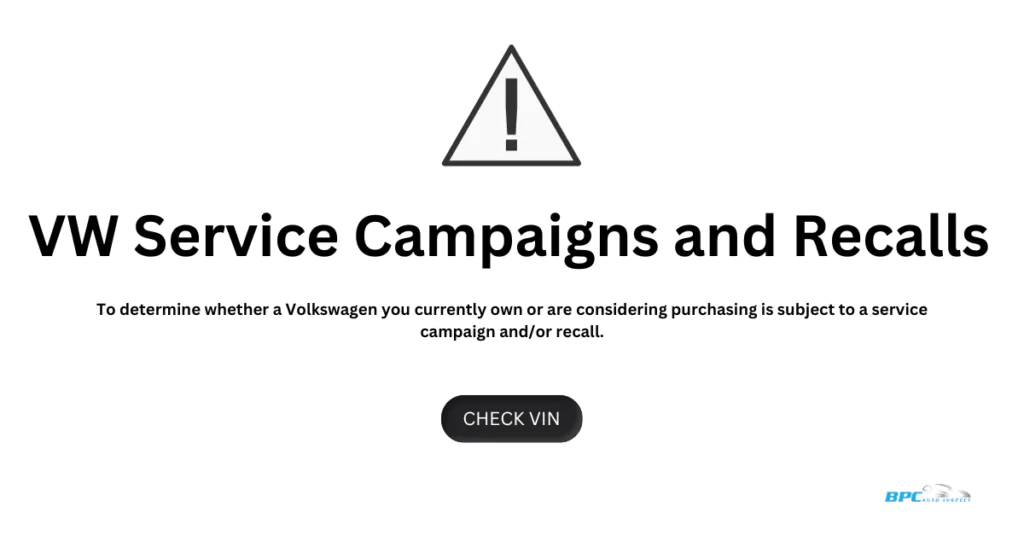Common VW Tiguan Problems in Australia: What You Need to Know
Discover the top VW Tiguan problems in Australia, including engine issues, transmission faults, and electrical failures. Learn what to watch for and how to avoid costly repairs.
Common VW Tiguan Problems in Australia
The Volkswagen Tiguan is a sought-after SUV known for its versatility, style, performance and comfort. However, like any vehicle, it does have its share of common issues. In Australia, owners of the Tiguan have reported a few recurring problems that we’ll delve into below.
Tiguan Excessive Oil Consumption
The biggest reported problem experienced by Volkswagen Tiguan owners in Australia is related to excessive oil consumption. If you happen to be asking yourself, “Why is my Volkswagen Tiguan burning oil?” However, there may be a quick and inexpensive solution.
Why is My VW Tiguan Using so Much Oil?
Your VW Tiguan may burn oil due to a faulty PCV valve, infrequent oil changes, wrong oil viscosity, or worn piston rings, resulting in oil leakage into the combustion chamber and getting burned together with fuel. Alternatively, worn or damaged valve seals could be enabling oil to seep into the cylinders of the engine, leading to oil usage. Many Reddit users report 1L per 1,000km usage. Checking the PCV function and using VW-approved oil can help reduce consumption.
One common culprit that can be overlooked is the PCV valve, which can be easily replaced. When the PCV (Positive Crankcase Ventilation) valve becomes clogged, it can draw oil into the engine and burn it. The best part is that replacing the PCV valve is a fast process, which can be conveniently done at your Volkswagen-authorised service centre.
What are the signs of a PCV valve failure?
The PCV valve gets stuck in the open position when the engine is having difficulty starting, idling roughly, misfiring and consuming more oil than normal. When the engine surges and produces black smoke, or there is a visible oil leak or sludge build-up inside the engine, the valve is stuck in the closed position.
Regardless of the cause, it’s important not to overlook more than normal oil consumption in your Volkswagen Tiguan. Oil plays a role in ensuring engine functionality, and if this issue is left unattended, it can lead to serious engine problems. To accurately determine the cause and find a solution for your Tiguan oil consumption problem, it is advisable to consult a mechanic who can do an oil consumption test to help provide an accurate diagnosis.
Based on the diagnosis, the solution might be expensive, including replacing worn-out piston rings and valve seals, fixing a damaged engine block or in some situations getting a new engine altogether. It’s important to diagnose the problem and make the repairs to maintain the reliability and performance of your Volkswagen Tiguan.

Check if your Volkswagen is up to date with current service campaigns and recalls by using the VIN Checker tool.
Transmission Problems:
One issue that Tiguan owners frequently encounter is transmission problems. These issues can manifest in ways like slipping, jerking or difficulty when shifting gears. If you notice any transmission problems with your Tiguan, get it diagnosed and fixed as soon as possible.
If you’re asking, “How do I know if my VW transmission is bad?” there are signs you can look out for. These may include harsh shifting and a clunking sound at higher speeds. Also, noises when changing gears or a noticeable decline in overall performance. When buying a car from a private seller, it’s important to take it for a long test drive to get the automatic transmission fluid up to operating temperature.
Sometimes you can fix these problems by flushing out and replacing the transmission fluid. However, there may be situations where you need to replace the transmission clutch or other parts. It’s important to deal with these transmission issues immediately to avoid extensive repairs down the line.
Electrical Problems:
Electrical problems are quite common in the Tiguan as well. These can vary from inconveniences like light bulbs or power windows to more significant issues such as battery failure or alternator malfunctions.
When faced with troubles, you might be wondering, “How can I tell if my Tiguan is experiencing issues?” Keep an eye out for signs like lights flickering, a malfunctioning infotainment system or recurring incidents of the battery dying.
In Conclusion:
Early detection and repair can help prevent further damage and costly repairs down the road. If you encounter any problems with your Tiguan, it’s important to have a qualified mechanic inspect it.
*As an Amazon Associate and eBay Partner I earn from qualifying purchases. This post may contain affiliate links to products I recommend.
Also Please Note: The information contained on this page is for general information purposes only. All reasonable steps have been taken to ensure that this information is accurate, complete and up-to-date. Also if you believe any information we have displayed is inaccurate, please contact us immediately and we will take reasonable steps to correct it. Finally, this information is a guide only and cannot be used as a reference to the point of law.
✅ Need a Pre-Purchase Car Inspection?
Don’t risk buying a lemon. At BPC Auto Inspect, we provide detailed mobile vehicle inspections across Brisbane. Fast, thorough, and independent.
🚗 Book a Mobile Inspection






